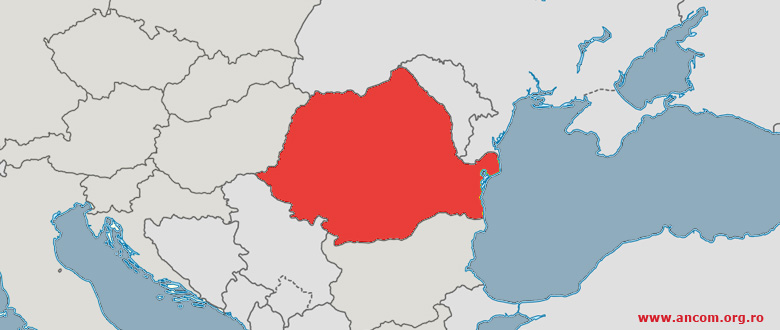30.06.2016
 

Â
The Romanian National Authority for Management and Regulation in Communications (ANCOM) is warning mobile internet and telephony users whose roaming service is activated while they are close to the border, although in the country, that their telephone or tablet may automatically connect to a network in the neighbouring country – so that they may use communications services at roaming rates, incurring additional costs, including for incoming calls.
The list of border localities where the users incur a potential risk of entering involuntary roaming is available on ANCOM’s website, here.
Involuntary roaming
Involuntary roaming in border areas on the territory of Romania can only occur where the users have activated their roaming service, while their mobile telephone or tablet is set to automatically identify a network, thus connecting automatically to the network of the operator with the best signal in the user’s location.
Since these localities are situated near the border, the mobile handset may connect to the network of an operator in the neighbouring country and thus, the user - charged for services used at roaming tariffs.
How to avoid involuntary roaming
The users can avoid accidentally accessing roaming voice and data services close to Romania’s border, if they:
- select the operator’s network manually (deactivate the terminal’s automatic network selection option);
- ask the operators to activate their roaming service on request only;
- check the network where the telephone/tablet is connected before use, if the network is selected automatically.
Localitati cu risc de roaming involuntar
According to ANCOM’s measurements, in most counties situated close to the border, there are localities where mobile telephones and tablets may enter involuntary roaming, predominantly in the counties of: Satu Mare (63 localities, at the border with Ukraine and Hungary), Botosani (44 localities, along the border with Ukraine and the Republic of Moldova), Iasi (42 localities, along the border with the Republic of Moldova), Timis (39 localities, along the border with Serbia and Hungary) and Bihor (33 localities, along the border with Hungary). Â
The Authority identified localities with a risk of involuntary roaming, where mobile handsets may temporarily connect to a foreign operator’s network – depending on the user’s movement -, as well as localities with an increased risk of involuntary roaming, where the mobile equipment may permanently connect to a foreign operator’s network, throughout the area of the respective locality.
The list of localities in border areas identified by ANCOM as having a potential risk for the users to enter involuntary roaming, by operator, is available here.
Warning! You are not exempted from the payment of roaming services, when your telephone/tablet enters involuntary roaming.
Further information on the usage and costs of the roaming service are available on the Authority’s website, here.Â


 top
top